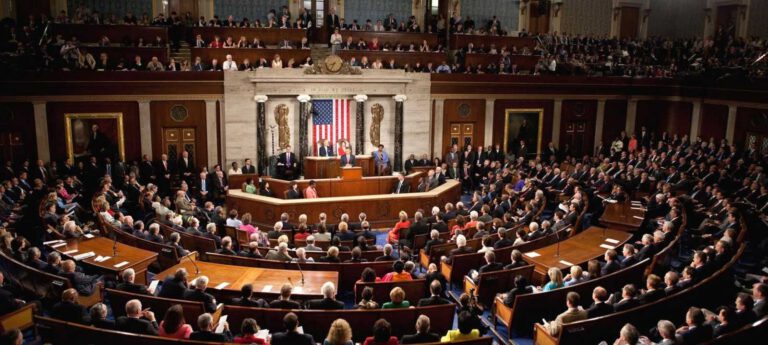Yesterday the U.S. Senate Committee on Banking, Housing, and Urban Affairs conducted a hearing to discuss possible regulation on cryptocurrency. Testimonies were presented by Jay Clayton, head of the Securities and Exchange Commision (SEC), and Christopher Giancarlo, chairman of the Commodity Futures Trading Commission (CFTC). Their report consisted of findings on blockchain technology, cryptocurrencies, and initial coin offerings (ICOs).
With increasingly stringent regulations surfacing in China and South Korea, many were expecting the worst. Fortunately, the Senate hearing struck an optimistic tone. The main takeaway was that more regulation is necessary, but new legislation should help cryptocurrencies thrive. Giancarlo remarked on the growing commitment to the technology behind crypto:
“We owe it to this new generation to respect their enthusiasm for virtual currencies, with a thoughtful and balance response.”
Discussing the intrinsic value of Bitcoin, Giancarlo argued that Bitcoin is what makes blockchain possible. In other words, without Bitcoin, there would be no distributed ledger technology.
Meanwhile, Clayton took a more cautious approach:
“There are a lot of smart people who think there’s something to the value of cryptocurrency and the international exchange and I’m not seeing those benefits manifesting themselves in the market yet.”
As for initial coin offerings (ICOs), Clayton noted that no ICOs have registered with the SEC. He argued that ICOs should be regulated as securities. The SEC’s main concern is catching fraudulent ICOs to prevent people from falling for a growing number of scams. Last week, the SEC shut down an ICO by AriseBank, which failed to registered with banking regulators. AriseBank managed to raise $600 million before it was closed.
Once the Senate hearing was over, crypto holders breathed a collective sigh of relief. Even the crypto market appeared to react positively, with Bitcoin bouncing back from a low of $6,000. At the same time, however, there is no telling how long this moment of bliss will last, as actual details on future regulation were relatively vague.

